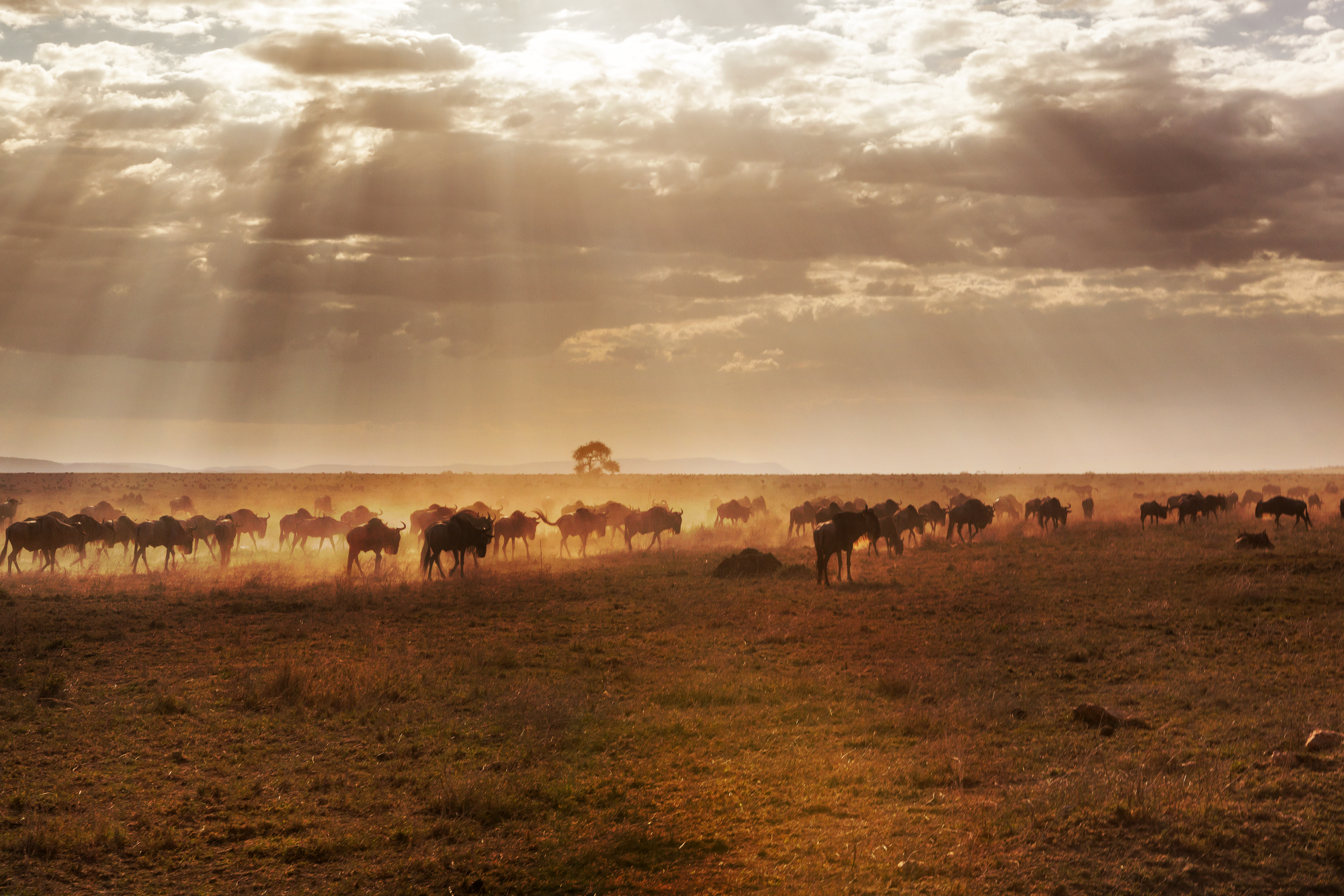Leopards are a high-value species for regulated sport hunting in Mozambique’s Niassa National Reserve, with trophy fees reaching $24,000. While this revenue supports conservation at the national level, local communities—who often bear the cost of livestock predation—see little direct benefit. In one case, a household lost 11 goats over two years to leopards. Despite lower financial returns, poaching persists because it offers immediate income to locals (about $83 per leopard). This study highlights the need to strengthen anti-poaching enforcement while improving revenue-sharing structures so communities gain directly from legal hunting. When locals receive a fair share of hunting income, they are more likely to support conservation and tolerate predators. Education campaigns and community engagement are also essential for fostering positive attitudes toward leopards. Aligning local incentives with sustainable hunting practices is key to protecting both wildlife and rural livelihoods in Niassa.

